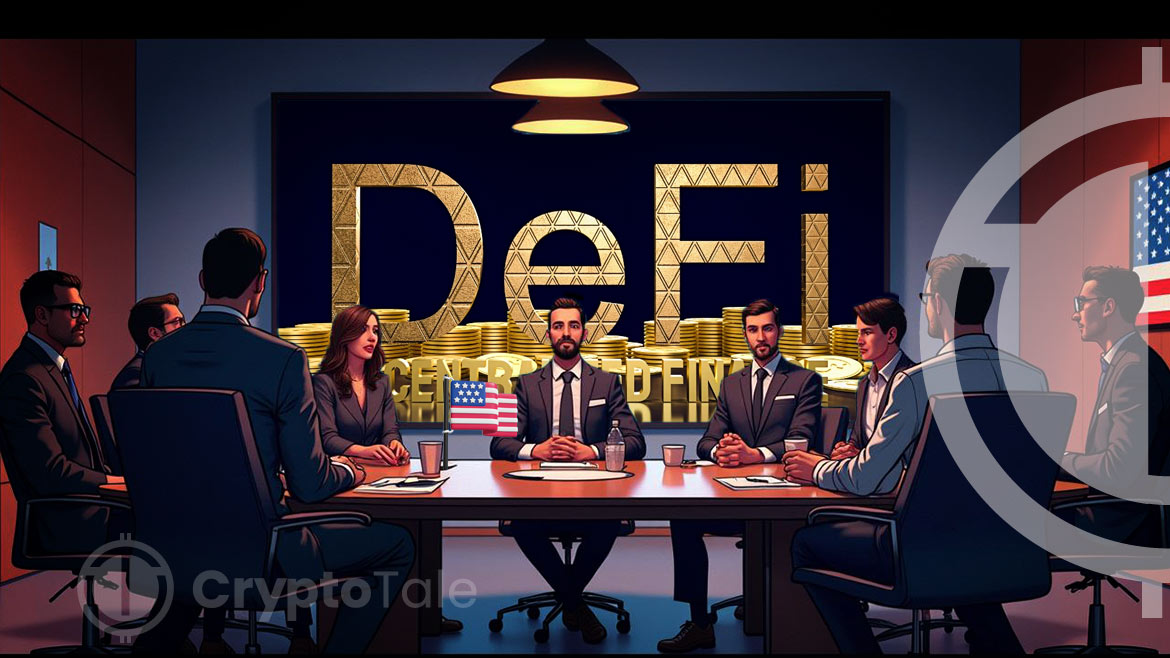- Congress holds its first DeFi hearing, debating innovation vs. consumer protection risks.
- Republicans advocate light regulation for DeFi, while Democrats push for stricter oversight.
- DeFi’s rapid growth raises concerns over fraud, with calls for tailored regulation.
On Tuesday, Congress held its first hearing on decentralized finance (DeFi). The focus was on the potential benefits and risks of this fast-growing technology. Lawmakers from both parties had different views on DeFi’s role in America’s financial future. Republicans emphasized DeFi’s potential to increase economic freedom and innovation. Democrats, however, were more concerned about consumer protection and misuse in an unregulated system.
Lawmakers at the hearing discussed DeFi’s impact but remained divided. Currently, DeFi has a market capitalization of $67 billion and a total value locked (TVL) of $89 billion. Despite its rapid growth, opinions differ on its long-term value and the need for regulation.
Political Divide Emerges
The hearing revealed a clear divide between Republicans and Democrats on DeFi regulations. Republicans, led by Warren Davidson, highlighted DeFi’s ability to remove middlemen and simplify transactions. They argued that supporting DeFi’s growth is essential to maintaining the U.S. as a global financial leader. They believe fewer regulations allow consumers to manage their own risks instead of relying on traditional financial systems.
DeFi Tokens Surge on XRPL: XRP Targets $200 Despite Recent DeclinesOn the other hand, Democrats, including Brad Sherman and Maxine Waters, expressed concerns about DeFi’s lack of consumer protection. They cited fraud cases, such as the hacking of X accounts linked to the Trump family, as proof of DeFi’s dangers. Waters called for stronger oversight, warning of potential conflicts of interest.
Industry Experts Weigh In
Republicans brought four witnesses to testify. Brian Avello and Rebecca Rettig supported light regulation. They argued that DeFi needs a regulatory approach tailored to its unique structure. Both believed DeFi could become an essential financial infrastructure with proper regulation.
Democrats, represented by Mark Allen Hays, had a different view. They pushed for DeFi to follow existing financial rules. They stressed the need for stronger protections due to the decentralized nature of the industry. The debate showed clear differences in how each side sees DeFi’s role in the financial system.






